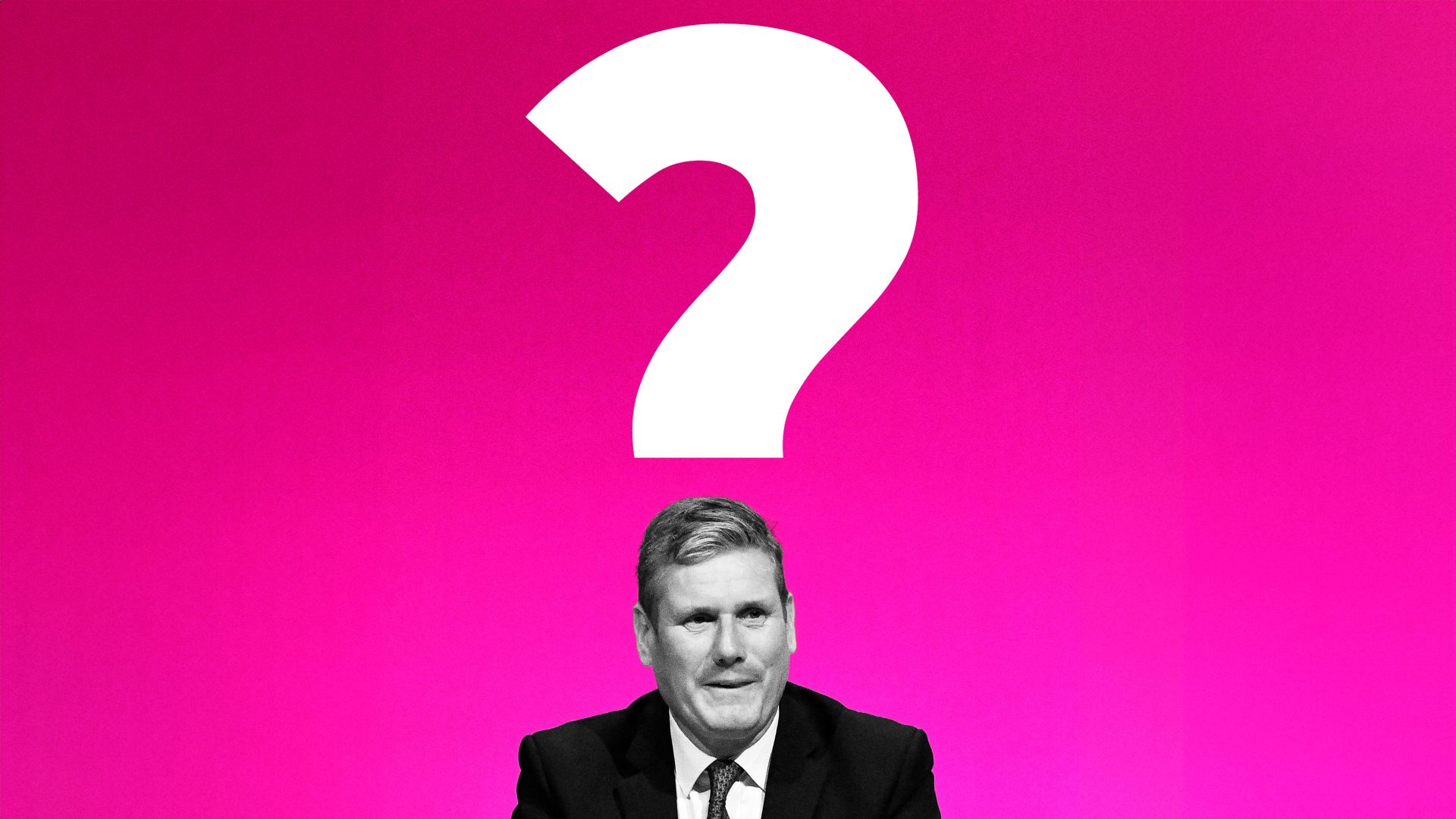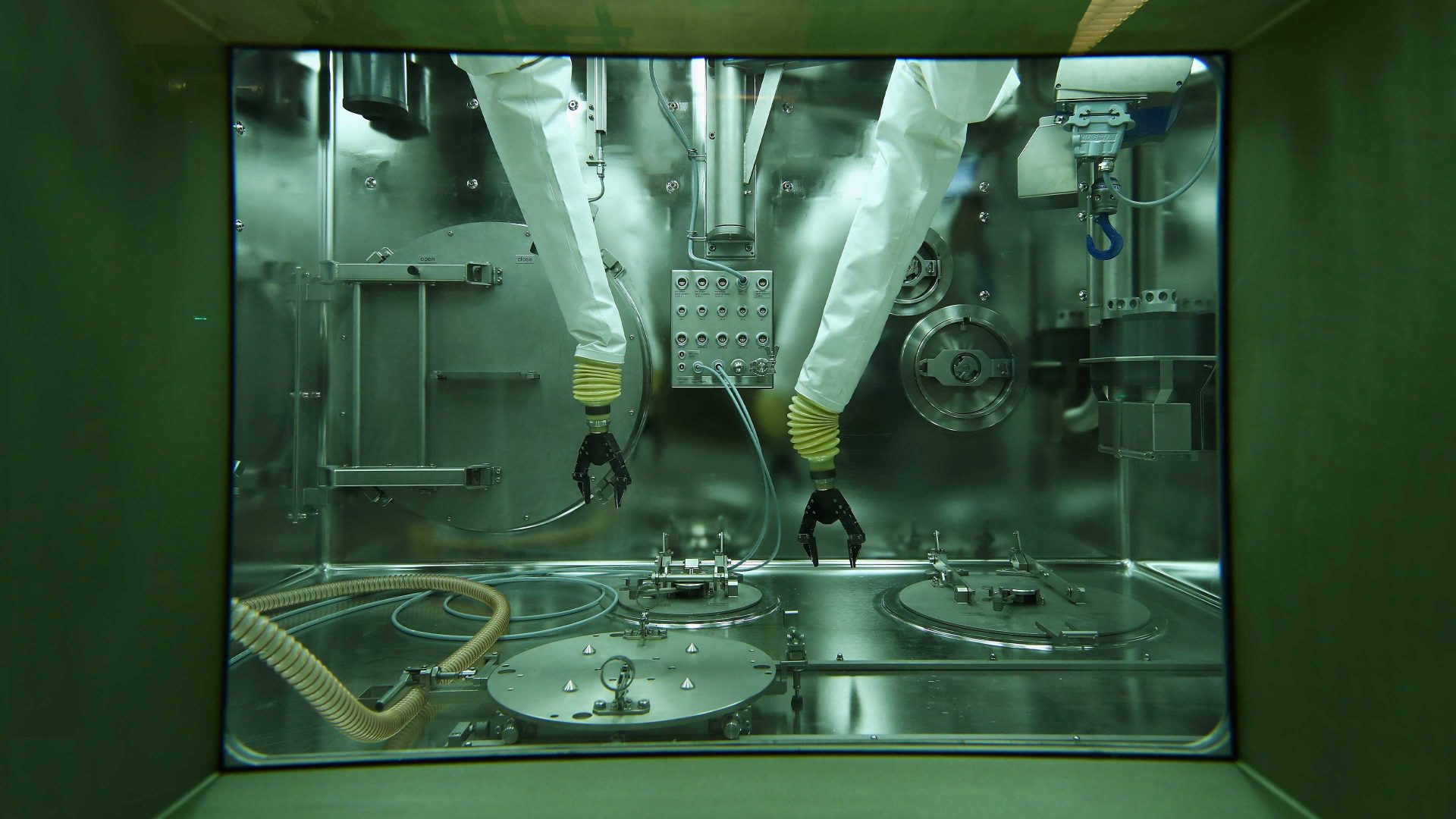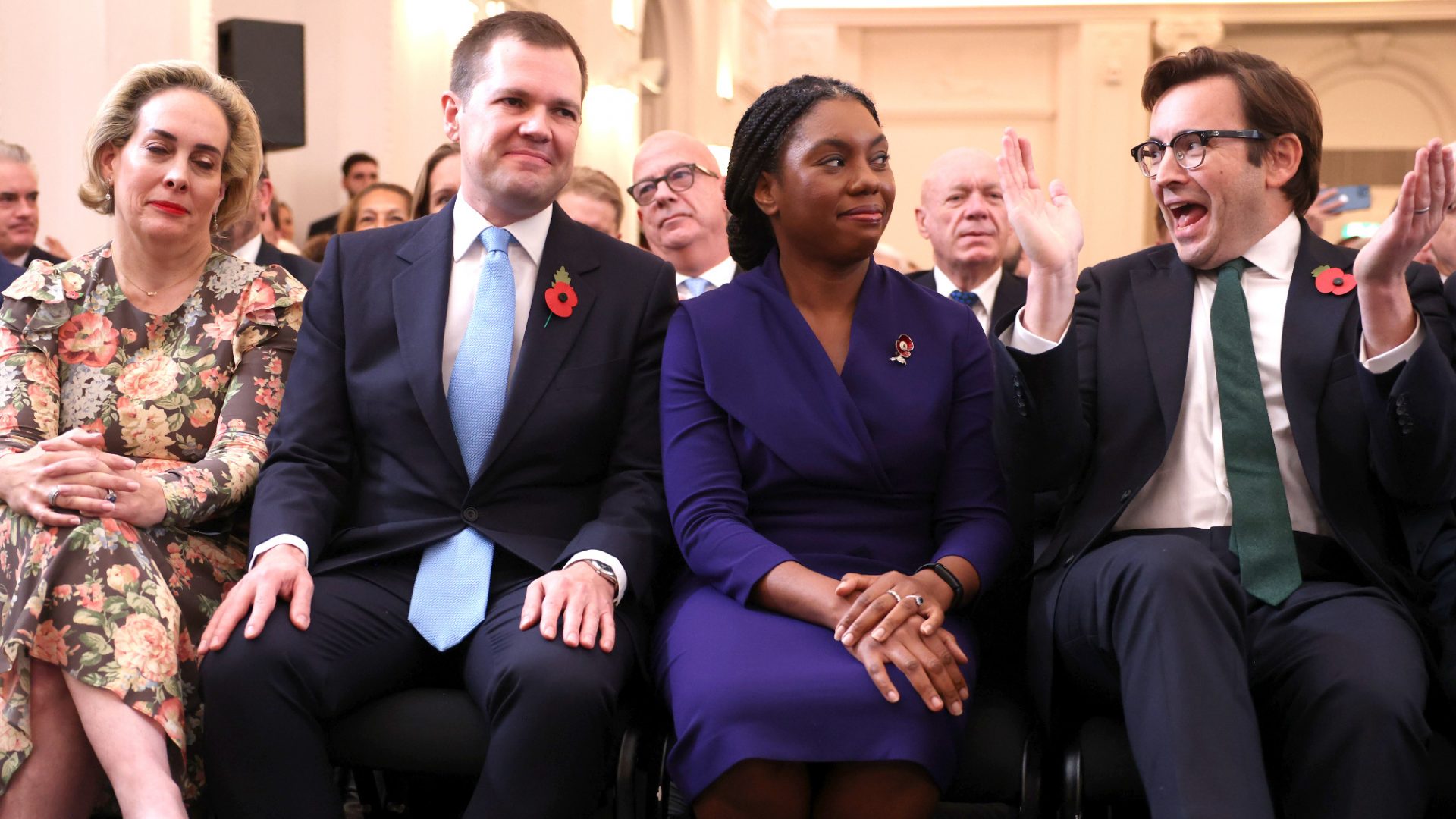The timing could have been better. Last Monday, as the UK was obsessing about the imminent Budget, three delegations from the European Parliament arrived in the UK. Publicly, they oozed goodwill towards their former partner but, privately, a degree of frustration occasionally tinged the bonhomie.
They had heard Labour’s proclaimed wish to “reset relations” with the EU repeated regularly but had yet to understand exactly what that meant. By the time they left the country on Wednesday, they were unlikely to have been any clearer. They might even have picked up the message that the relationship with the EU does not feature in the UK government’s list of priorities.
In delivering what had long been trailed as a brave Budget focused on driving economic growth, chancellor Rachel Reeves made just one reference to Europe, including in a litany of failures by the previous administration: “Its Brexit deal harmed British businesses”. Yet she made no mention of how that harm could and should be redressed, not even a throw-away reference to a “reset”.
It may be that, behind the scenes, the members of the three delegations found more
encouragement. The most optimistic seemed to be the team from the security and defence subcommittee. War in Europe and the prospect of another Trump presidency in the US provide unhappily fertile territory for fostering close cooperation on security. But for the visitors from the Foreign Affairs and International Trade committees, the omens were not seen as particularly encouraging – and that was before the chancellor ignored the perfect opportunity to signal what that “reset” might mean.
In the absence of anything positive, it is inevitable that even the most anglophile European will find that tolerance begins to fray. “It would be a good start if the UK would just implement what has already been agreed,” muttered one delegate when quizzed about the options for a possible future relationship.
The Windsor Framework is a particular gripe on this front. Hailed as a triumph by Rishi Sunak when he negotiated it in early 2023, it was an uncomfortable fudge intended to appease the Ulster Unionists in particular and pave the way for a resurrection of the Northern Ireland Assembly.
But the Unionists wanted more, aspects have been renegotiated and some terms, supposed to have been implemented by this autumn, have now been shunted into next year. That this should cause some frustration in the EU seems perfectly understandable.
The UK’s refusal to embrace the proposals for a youth mobility scheme put forward by the EU has also caused some puzzlement. Maybe some diehard Brexit devotees would try and argue that it was merely a stepping stone to the “freedom of movement” to which they are so vigorously opposed but that entirely spurious argument could be quickly knocked down.
A scheme enabling a restricted age group to move country for a strictly limited time, requiring a visa and payment of a fee does not equate to anything like freedom of movement. It would offer clear benefits to British youngsters, most of whom were opposed to Brexit and are the poorer for it and it would be a welcome boost for the UK’s hospitality industry in particular, which has been badly hit by the mass exodus of young
European staff.
Inexplicable decisions such as that add to the difficulties for the EU in working out exactly what prime minister Sir Keir Starmer and his team really want from a ‘reset’. Before the election, he was clearly wary of upsetting any potential voter and that included those who had supported Brexit and wanted to remain aloof from the EU.
But now that he is in government, Starmer has to be braver, as does his chancellor. Making it easier to trade with the giant market that sits just across the Channel is an obvious route to helping grow the economy.
The Centre for European Reform estimated in 2022 that the UK’s annual tax revenues would be around £40 billion higher without Brexit. Ironically, that is the same figure that Rachel Reeves is now targeting in tax rises.
The “reset” the government has in mind will not equate to the “reset” attributed to shady used-car salesmen, who would on occasion turn back the odometer so as to indicate that the vehicle had travelled only a fraction of the miles it had actually driven. The UK cannot pretend that Brexit never happened, nor get close to eradicating the damage it has done. But moving fast to align rules and regulations on trade, sector by sector, would bolster the growth the country desperately needs.
The longer the UK prevaricates on its intentions towards the EU, the more the members of its Parliament may struggle to hold to the positive and friendly view of it they still publicly espoused last week.
They have already had to contend with us sending people such as Nigel Farage to sit in their
Parliament and take their money while constantly mocking the entire European institution. The people of Clacton have now sent Farage to Westminster, a move which provides an unwelcome demonstration of how strong the anti-EU feeling still runs in parts of the UK.
But the majority of the country does not share that view. It would be deeply disappointing if, when the delegations concluded their brief visit last week, they left with the view that Reeves’ failure to embrace much closer links with the EU spoke for the nation.




